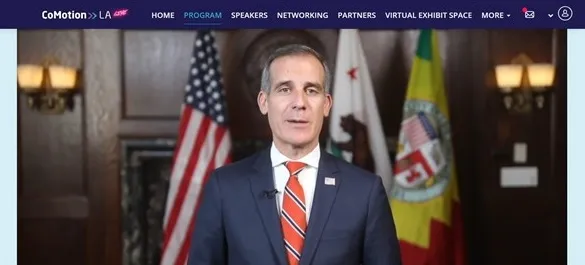A group of US cities have formed the Open Mobility Foundation (OMF) to develop and govern digital mobility tools aimed at improving how cities manage transportation.
Growing from a collaboration between the Los Angeles Department of Transportation and the city of
Eric Garcetti, Los Angeles mayor, says: “The OMF will help us manage emerging transportation infrastructures, and make mobility more accessible and affordable for people in all of our communities.”
The OMF says it will focus on developing tools which allow cities to manage new transportation modes, ensure mobility technologies do not lead to inequality, ensure transportation options do not increase congestion and allow cities to generate data while adhering to security standards.
Chris Warner, director of the Portland Bureau of Transportation, says the OMF will provide cities with “access to the best information and 21st century technologies”.
“With these tools in hand, we can increase equitable access for historically underserved communities and people with disabilities, increase the safety of our streets, and vigorously pursue our climate goals,” Warner adds.
The OMF is governing a platform called Mobility Data Specification which the Los Angeles Department of Transportation developed to help manage dockless micromobility programmes. It comprises a set of application programming interfaces which allow cities to collect data that can inform real-time traffic management and public safety decisions, the foundation adds.
It is also working with non-profit organisation Oasis to produce open-source standards for improving mobility in communities.
The OMF’s founding municipal members include US cities such as Austin, Minneapolis and San Jose. It is also partly founded by the Rockefeller Foundation as well as companies such as Bird and Microsoft.
US cities form OMF to develop digital mobility tools
A group of US cities have formed the Open Mobility Foundation (OMF) to develop and govern digital mobility tools aimed at improving how cities manage transportation.
Growing from a collaboration between the Los Angeles Department of Transportation and the city of Santa Monica, the OMF intends to bring together academic and municipal stakeholders to develop the technology.
Eric Garcetti, Los Angeles mayor, says: “The OMF will help us manage emerging transportation infrastructures, and make mobility more a
July 5, 2019
Read time: 2 mins










